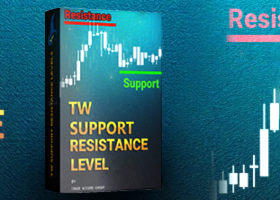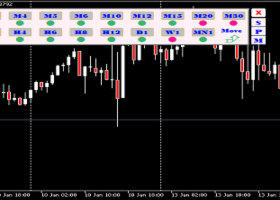
(18 March 2020)DAILY MARKET BRIEF 1:Massive monetary, fiscal measures - a flash in the pan.
With supply chains disrupted since February, countries hit one after the other and businesses closed in many leading economies, it is not a
question of if, but a matter of how bad and how long the coronavirus-induced recession will be. The global demand shock will certainly be
harder than the post 2008 period, as this time, planes are grounded, shops, restaurants, cinemas, theaters and all public places are closed
for weeks. All layers of population are hit, both financially, physically and psychologically.
While all countries are deploying
massive fiscal measures, Donald Trump is pulling out the bazooka. The Trump administration is planning a $1.2 trillion fiscal stimulus
package to calm down the nerves versus $850 billion discussed previously, including two rounds of direct payments of $1000 to Americans
which should start in two weeks.
American companies will continue relying on the Federal Reserve (Fed) however, as Dodd-Frank legislation
inhibits direct lending to distressed firms as it has been the case in the 2008 financial crisis. On the rate front, the Fed is left with little
firepower after having slashed rates by 150 basis points to zero within two past weeks. So, the Fed is now tapping in the emergency lending
measures, with commercial paper funding facility (CPFF) where $10 billion is secured by the US Treasury, and Primary Dealer Credit
Facility (PDCF), also approved by Treasury.
Measures announced in the US attracted capital flows to the greenback. The US dollar index shot
up to 100. US Treasury yields soared; the US 10-year yield recovered to 1% as massive Treasury spending curtailed the safe-haven appetite in
US sovereigns.
Decline in US yields improved demand in gold. The ounce of yellow metal traded up to $1545. We expect consolidation near the $1500
mark, the major 38.2% Fibonacci retracement on mid-2018 – 2020 rally, which should distinguish between the continuation of the long-term
bull market and a medium-to-long-term bearish trend reversal.
Now, it is unsure whether the drastic measures would help bettering the
data, if activity in the US were to cease to avoid the spread of the coronavirus as it has been the case in Europe. Released yesterday, US retail
sales declined 0.5% in February, versus expectations of a 0.2% increase by analysts. In Europe, we expect this number to reach double digit
negative numbers starting from March.
By Ipek Ozkardeskaya


